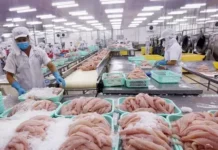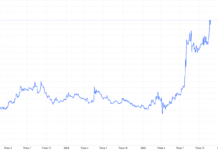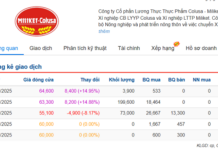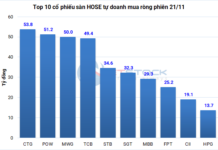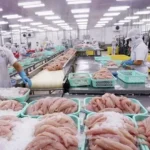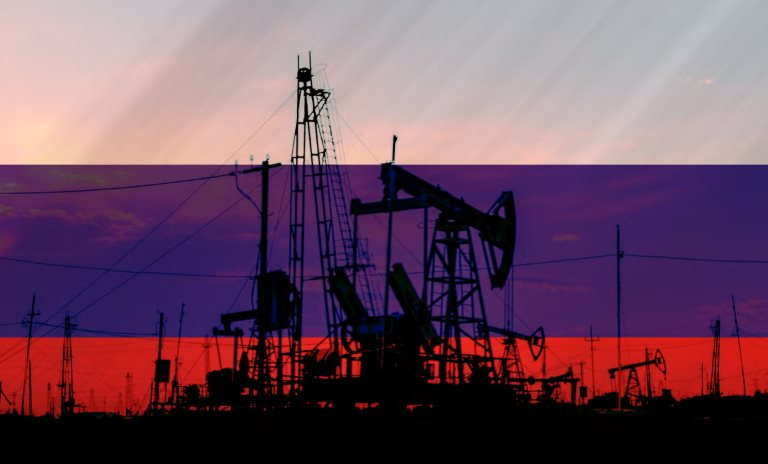
Illustrative Image
The final supertankers carrying Russian oil to India departed the Black Sea approximately four weeks ago, racing against the deadline before U.S. sanctions targeting companies collaborating with Russia’s two largest oil giants—Rosneft and Lukoil—took effect on November 21.
This last-minute oil stockpiling marks the end of India’s three-year spree of purchasing Russian oil. Since the Russia-Ukraine conflict began in 2022, Indian companies capitalized on discounted oil prices, driven by reduced European demand due to EU restrictions.
In this context, Reliance Industries, India’s largest private refinery, officially halted Russian crude imports at its Jamnagar complex starting November 20. This abrupt shift underscores Indian refiners’ heightened sensitivity to the latest U.S. sanctions against Rosneft and Lukoil.
Reliance is the hardest hit. Over the past two years, it was India’s largest buyer of Russian crude, holding a long-term agreement with Rosneft for nearly 500,000 barrels per day. Halting Russian oil purchases safeguards its global banking access and maintains exports to Europe, which accounts for 28% of Reliance’s output.
According to the company, all shipments from December 1 onward will exclusively use non-Russian crude. The transition was completed earlier than anticipated, partly due to the U.S. tax concession deadline of November 21, with no major Indian firm willing to test penalty thresholds. The final Russian cargo was loaded on November 12; any post-November 20 arrivals will be diverted to the Domestic Tariff Area and excluded from export processing.
This strategic pivot was premeditated. Days before halting Russian imports, Reliance purchased 1 million barrels of Kuwaiti crude when Kuwait Petroleum unexpectedly offered volumes on the spot market. The company had also pre-stockpiled Middle Eastern crude, anticipating escalated U.S. sanctions.
For India’s largest refinery, the calculus is clear: preserve global banking access, sustain European exports, and avoid legal risks tied to discounted Russian oil. Russian crude will persist in the market but will no longer flow through Reliance’s systems.
Source: Oilprice
Ministry of Home Affairs Addresses Rumors of Further Merging 16 Provinces and Cities
This morning, November 17th, Phan Trung Tuan, Director of the Department of Local Government at the Ministry of Home Affairs, confirmed that currently, the Party, National Assembly, and Government have no plans to continue implementing the reorganization or merger of provinces, cities, or commune-level administrative units.


